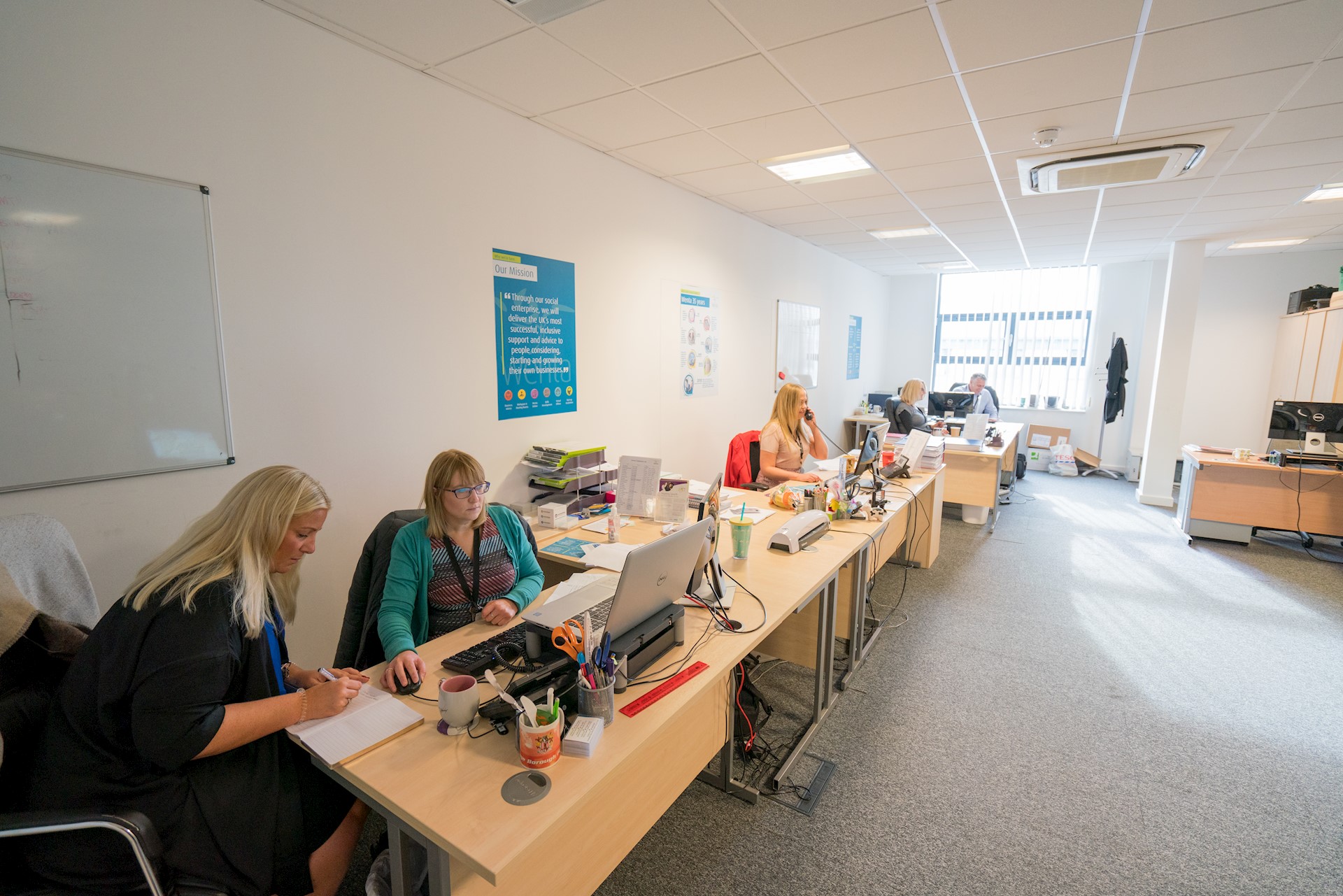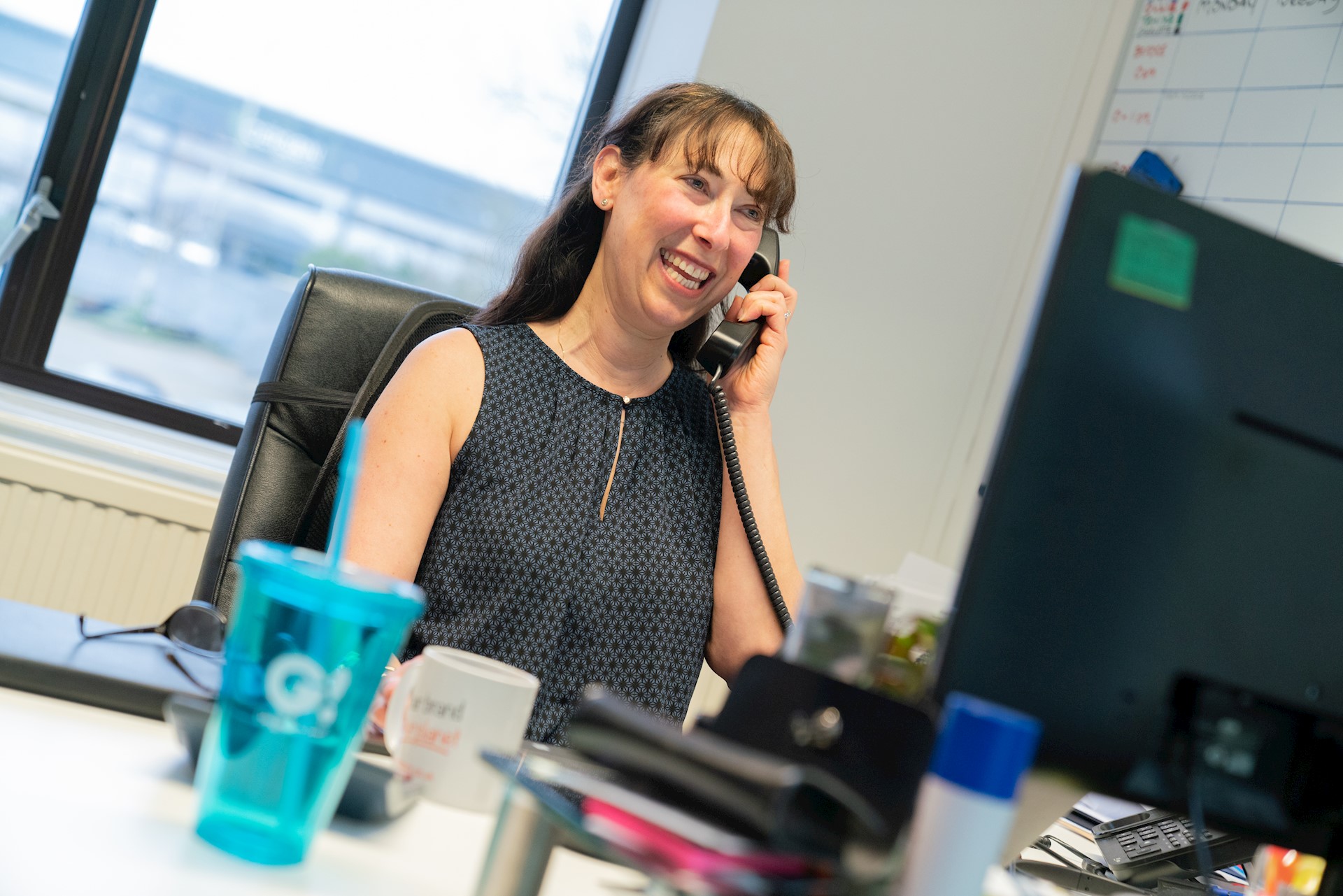What is intellectual property?
4 minute readIntellectual property (IP) refers to creations of the mind, such as inventions; literary and artistic works; designs; and symbols, names and images used in commerce.
IP is protected in law by, for example, patents, copyright and trademarks, which enable people to earn recognition or financial benefit from what they invent or create. By striking the right balance between the interests of innovators and the wider public interest, the IP system aims to foster an environment in which creativity and innovation can flourish.

Having the right type of intellectual property protection helps you to stop people from stealing or copying:
- The names of your products or brands
- Your inventions
- The design or look of your products
- Things you write, make or produce
Copyright, patents, designs and trademarks are all types of intellectual property protection. You get some types of protection automatically, others you have to apply for.
What counts as intellectual property

Intellectual property is something unique that you physically create. An idea alone is not intellectual property. For example, an idea for a book doesn’t count, but the words you’ve written do.
Owning intellectual property
You own intellectual property if you:
- created it (and it meets the requirements for copyright, a patent or a design)
- bought intellectual property rights from the creator or a previous owner
- have a brand that could be a trade mark, eg a well-known product name
Intellectual property can:
- have more than one owner
- belong to people or businesses
- be sold or transferred
Intellectual property if you’re self-employed

If you’re self-employed, you usually own the intellectual property even if your work was commissioned by someone else - unless your contract with them gives them the rights.
You usually won’t own the intellectual property for something you created as part of your work while you were employed by someone else.
Source: GOV.UK
Contains public sector information licensed under the Open Government Licence v3.0.
Got a business question?
We're here to help. Get in touch.
Book your free appointment below:
